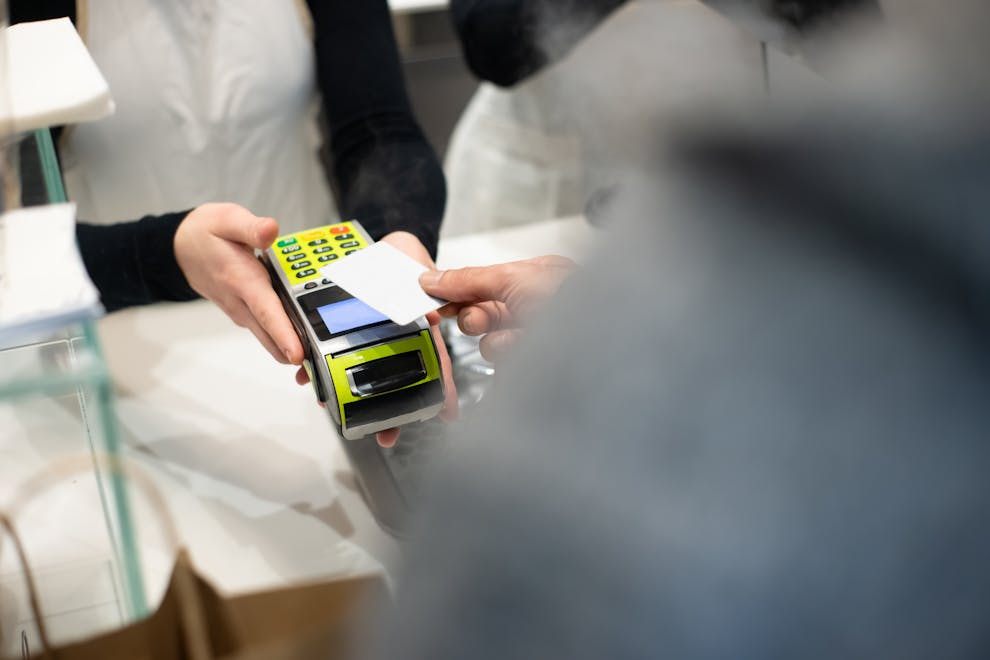
How Digital Wallets Make Forex Transactions Easier
The way we trade and exchange money has evolved significantly over time. Believe it or not, there were days when customers had to scramble for the correct bills or endure endless airport queues just to exchange currency. Financial technology has revolutionised this process, and digital wallets are the latest game-changers in this field.
Digital Wallets in Modern Finance
Banks have always been traditional financial institutions that provide customers with access to financial services such as savings, investments, loans, etc. Over the years, the demand for faster and more efficient solutions led to new solutions like digital wallets, which are now common in forex trading and other financial activities.
Digital wallets are software mainly used on mobile smartphones and computers, enabling users to make payments online or electronically. They store user information and related data on various websites, allowing smooth payments from connected bank accounts or deposited funds.
The advantages of digital wallets lie in improving the qualities of traditional financial institutions so businesses can process transactions better. Here are ways in which mobile wallets are transforming foreign currency transactions.
Security
Online transactions require robust security infrastructure to maintain the integrity of all parties involved and ensure funds are secure. Traditional banks paved the way with the early adoption of digital payments, but modern digital wallets now provide more security features that allow users to send and receive money securely.
From on-the-spot identification to digital tokens and second-layer features, such as two-factor authentication, digital wallets use advanced algorithms to keep funds and identities safe. All parties exchanging foreign currencies can also, in most cases, set up their preferred security measures for tailored solutions.
Anti-Money Laundering Compliance
Both government and independent authorities often require financial services companies and their customers to comply with anti-money laundering (AML) requirements. AML compliance aims to reduce the risks associated with cross-border payments and how malicious users may exploit them. Typical AML regulations include Know Your Customer (KYC) requirements and transaction limits.

AML compliance may prove burdensome for traditional financial services companies. Digital wallets, on the other hand, may have the advantage of providing AML-compliant infrastructure and systems so users can freely complete transactions without restrictions. This makes cross-border payments smoother, faster, and more secure.
Convenience and Accessibility
Digital wallets are more flexible, convenient, and accessible than traditional financial systems. For instance, making transactions at a bank requires repetition and resubmission of required documents for each transaction. However, with digital wallets, users can save their details once, after which they’ll only need to authorise individual payments.
The increasing internet penetration rate means more people can access digital wallets from their mobile smartphones and laptops, allowing them to complete transactions from anywhere with an internet connection. This increases global foreign currency market access, so individuals and businesses can trade forex, exchange currencies, and settle payments.
Speed
The speed of settling transactions is crucial to foreign currency trading, where exchange rates can change quickly within a short time. Card payments may not reflect instantly on a merchant platform, and when they do show up, the exchange rate difference may impact the final value the customer/merchant receives.
Forex traders rely on fast and stable internet connections to avoid losses and maximise profits. Digital wallets are helpful in this regard; they allow fast and instant transactions between both parties, completing the process seamlessly and with minimal exchange rate effects.
Cost-Effectiveness
Digital wallets offer lower transaction fees than banks and other traditional financial services providers, allowing users to enjoy less expensive transactions at all levels. Digital wallets are cost-effective for modern businesses with smaller budgets; they are usually free to use or charge small fees to cover third-party costs during transactions. Some digital wallet providers are also integrating blockchain payment gateways to reduce transaction expenses further and typically offer better exchange rates than traditional banks.
Exchange Rate Information
Accessing historical and current exchange rates is critical to foreign currency transactions; all parties must monitor rates to determine the best figures for their transactions. While most banks only provide live FX rates, digital wallets go beyond, providing access to historical data stretching over decades.
Some digital wallets also offer charting, analytical tools, and fundamental news portals to help users predict exchange rates based on historical data. International companies leverage this feature to plan their financial activities for less-expensive payments.
Inclusive Personal Finance Features
One of the key attractions of digital wallets is the additional benefits and features that allow users to explore personal finance. From loans to investments, users can simply perform financial actions from the same wallet where they store funds for foreign currency transactions. Digital wallets can also store gift cards, membership cards, loyalty cards, coupons, event tickets, plane and transit tickets, and hotel reservations; they are the ultimate all-in-one payment tools for the modern individual and business.

Challenges With Digital Wallets
Privacy issues are the significant challenges facing adopting and using digital wallets globally. Users are concerned about financial services companies tracking their economic behaviour and profit from their data. In response, governments are proactive in passing and enforcing privacy laws to ensure the safety and privacy of consumers in the digital space.
The success of digital wallet adoption also depends on internet adoption globally; regions with low penetration may not enjoy the advantages of digital wallets. Increased deployment of internet services will minimise this challenge in the future.
Digital Wallets Enhancing Forex Transactions
Digital wallets have revolutionised foreign currency transactions by leveraging modern technologies to facilitate secure, cost-effective, fast, and seamless cross-border and local payments. For individuals and companies involved in forex transactions, leveraging the benefits of digital wallets may improve their profit margins and enhance the process. As the global economy grows and the world becomes more connected, digital wallets will shape industries and influence how people send and receive money.

















